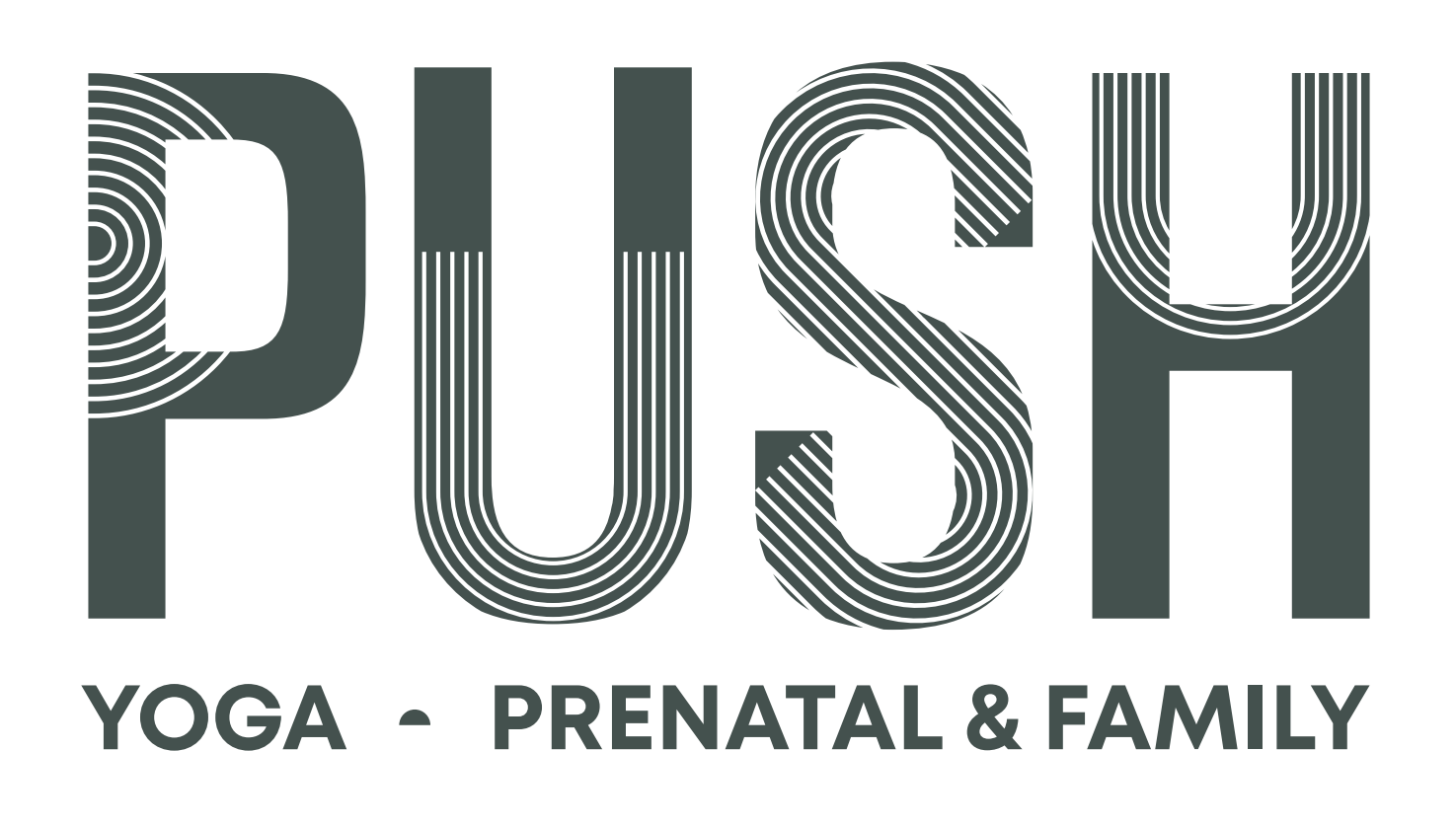Pregnancy is a beautiful journey filled with joy and anticipation, but it can also bring about physical changes and discomforts. Many expectant mothers may wonder: When is the right time to see a pelvic physiotherapist during pregnancy? In this blog post, we’ll explore the timing of pelvic physiotherapy appointments and the benefits of seeking care during pregnancy.
Timing of Pelvic Physiotherapy Appointments:
Pelvic physiotherapy can be beneficial for expectant mothers at various stages of pregnancy. While the specific timing may vary depending on individual needs and circumstances, here are some guidelines to consider:
- Early Pregnancy: While it’s common for pelvic physiotherapy to be associated with later stages of pregnancy or postpartum recovery, it can actually be beneficial to start early. Some women may experience pelvic pain or discomfort in the first trimester, and seeing a physiotherapist for orthopedic issues during this time can help address symptoms and prevent them from worsening as pregnancy progresses.
- Second Trimester: The second trimester is often referred to as the “golden period” of pregnancy, as many women experience relief from early pregnancy symptoms and feel more energized. This is an ideal time to check in with a pelvic physiotherapist, even if you’re not experiencing any specific symptoms. Starting pelvic floor exercises and learning proper body mechanics can help prevent issues later in pregnancy and prepare your body for childbirth.
- Third Trimester: As pregnancy enters the third trimester, the body undergoes significant changes in preparation for childbirth. It’s common for pelvic pain, lower back discomfort, and other issues to arise during this time. If you’re experiencing any symptoms of pelvic pain, discomfort, or urinary incontinence, it’s essential to check in with a pelvic physiotherapist for assessment and treatment.
- Birth Preparation: Birth preparation can start around 30+ weeks gestation. Pelvic physiotherapy can play a crucial role in preparing the pelvic floor muscles for childbirth, promoting optimal alignment of the pelvis, and teaching relaxation techniques for labor and delivery. Attending pelvic physiotherapy sessions in the weeks leading up to childbirth can help reduce the risk of perineal trauma and facilitate a smoother birth experience.
Benefits of Seeing a Pelvic Physiotherapist During Pregnancy:
There are numerous benefits to seeking care from a pelvic physiotherapist during pregnancy, including:
- Pain Relief: Pelvic physiotherapy can help alleviate common pregnancy-related discomforts such as pelvic pain, lower back pain, and sciatica.
- Pelvic Floor Health: Pelvic physiotherapy focuses on optimizing the function of the pelvic floor muscles, which are crucial for supporting the uterus, bladder, and bowel during pregnancy and childbirth.
- Preparation for Childbirth: Pelvic physiotherapy can provide valuable education and guidance on labor and delivery techniques, including optimal positions for childbirth, breathing exercises, and relaxation techniques.
- Postpartum Recovery: Pelvic physiotherapy can help promote faster healing and recovery postpartum by addressing pelvic floor weakness, urinary incontinence, and other issues that may arise after childbirth.
Seeing a pelvic physiotherapist during pregnancy can offer numerous benefits for expectant mothers. Whether you’re experiencing pelvic pain, preparing for childbirth, or simply seeking guidance on pelvic floor health, pelvic physiotherapy can provide personalized care and support throughout your pregnancy journey. Remember, it’s never too early or too late to seek care from a pelvic physiotherapist—check in anytime you experience symptoms of discomfort or want to prepare for childbirth. #PelvicPhysiotherapy #PregnancyCare #BirthPreparation
Disclaimer: It’s important to note that the information provided in this blog post is for educational purposes only and should not be construed as medical advice. If you are experiencing any symptoms or concerns related to your pregnancy or pelvic health, it’s essential to consult with a qualified medical doctor or obstetrician for personalized medical advice and treatment.



